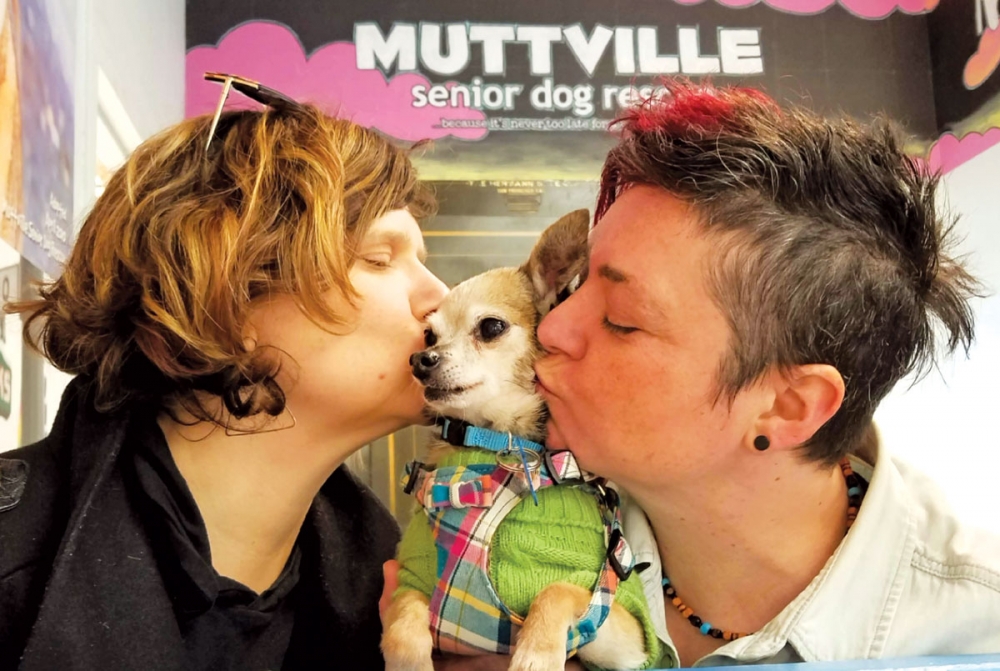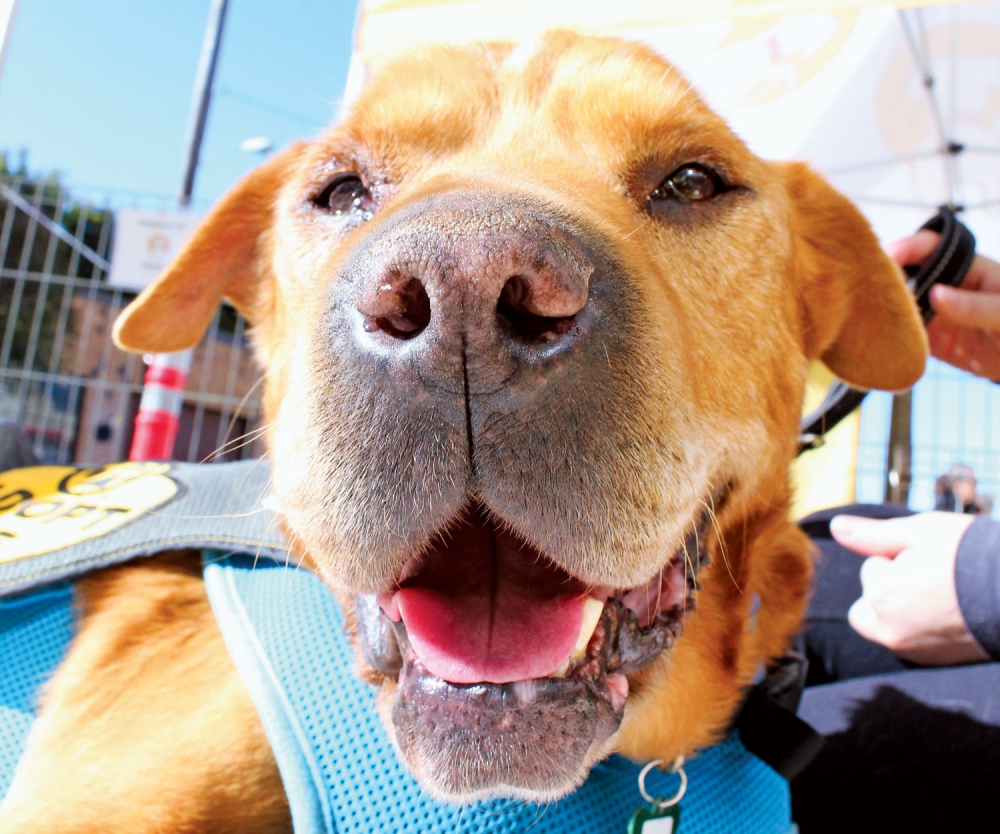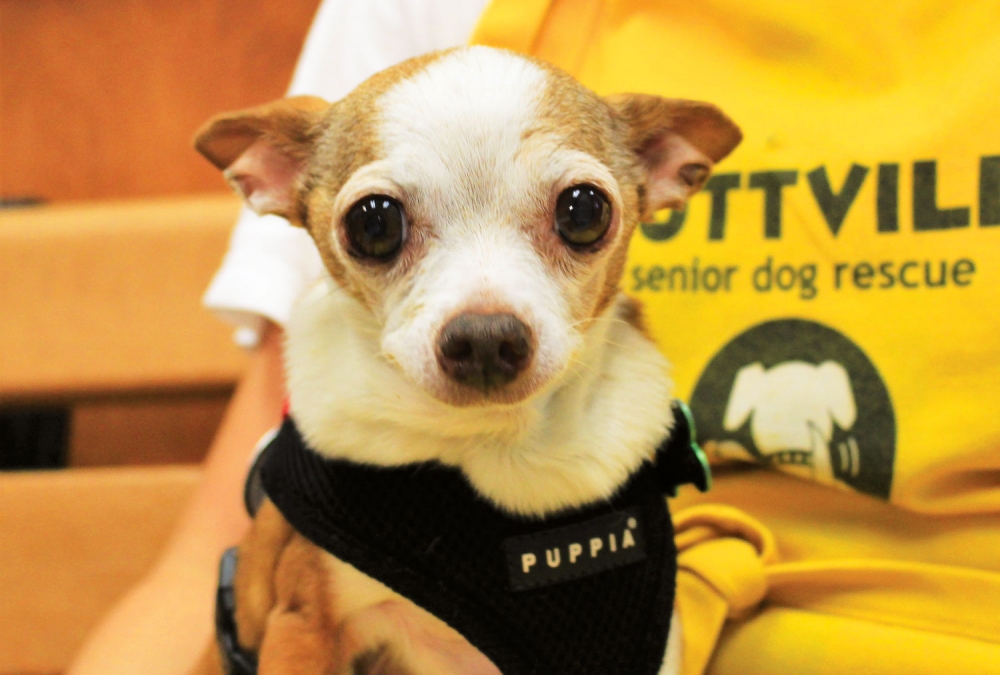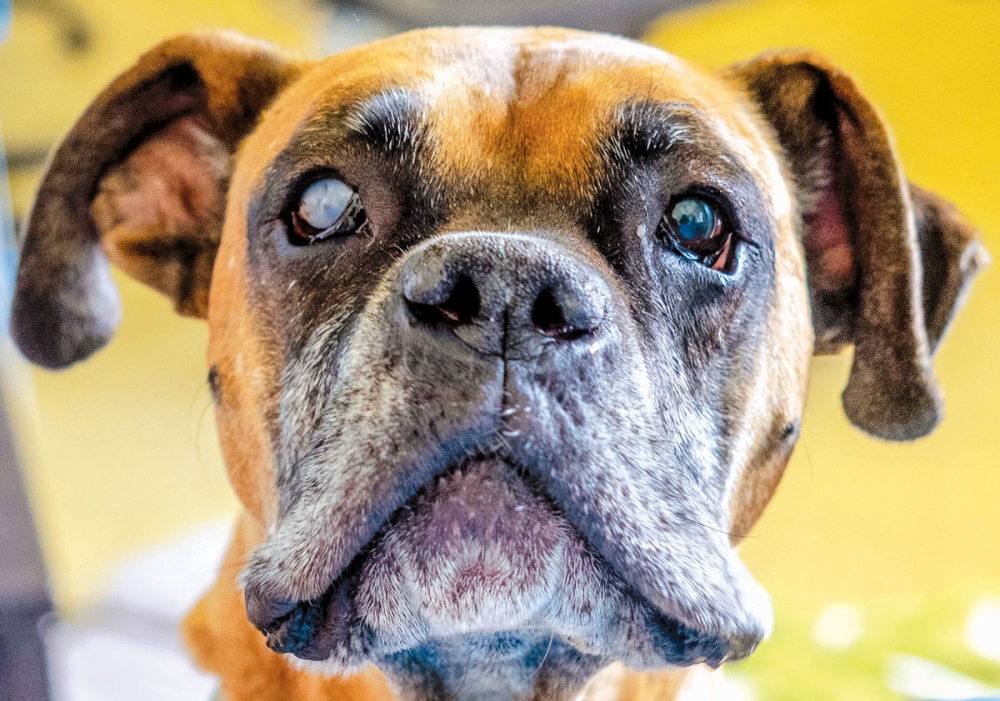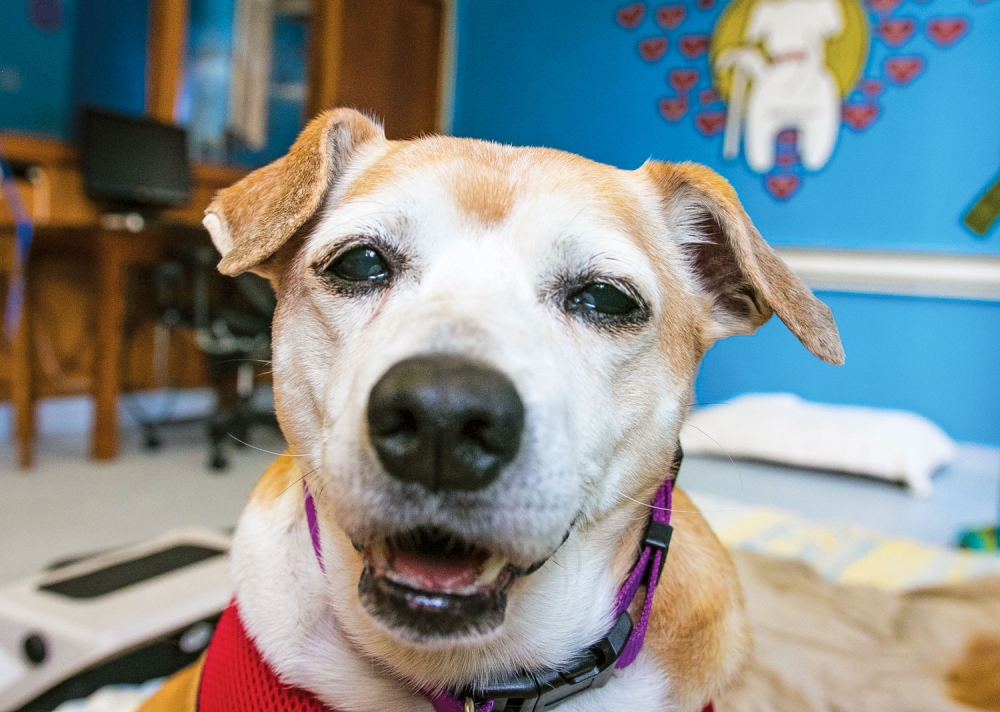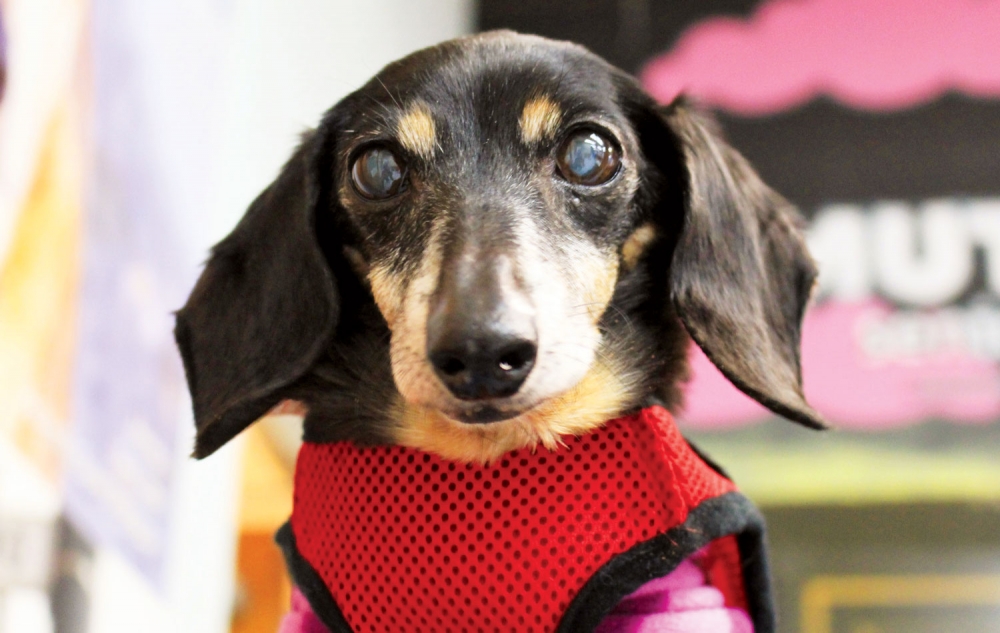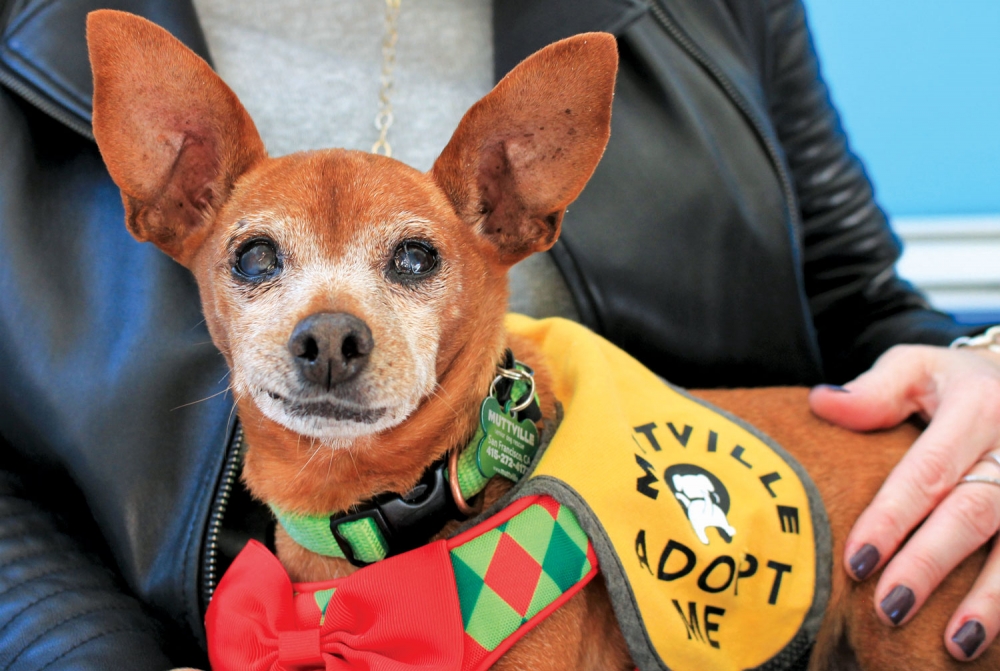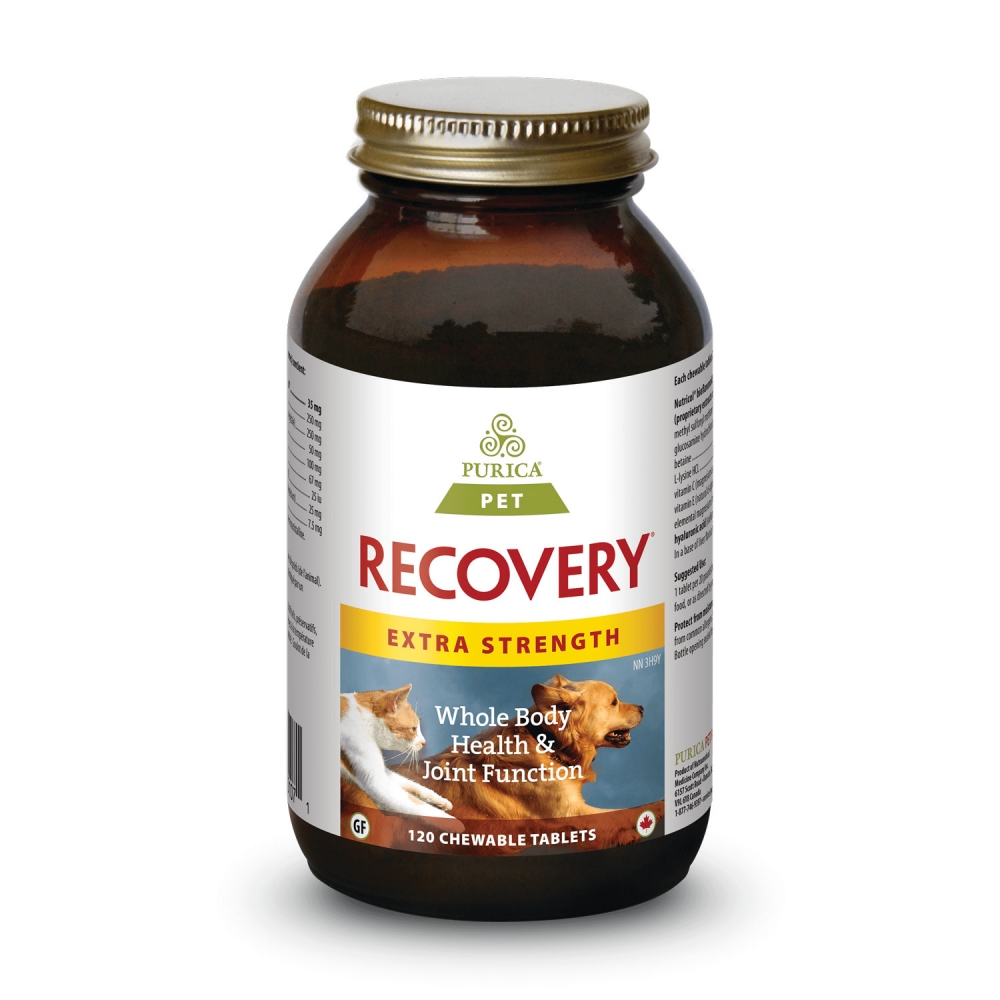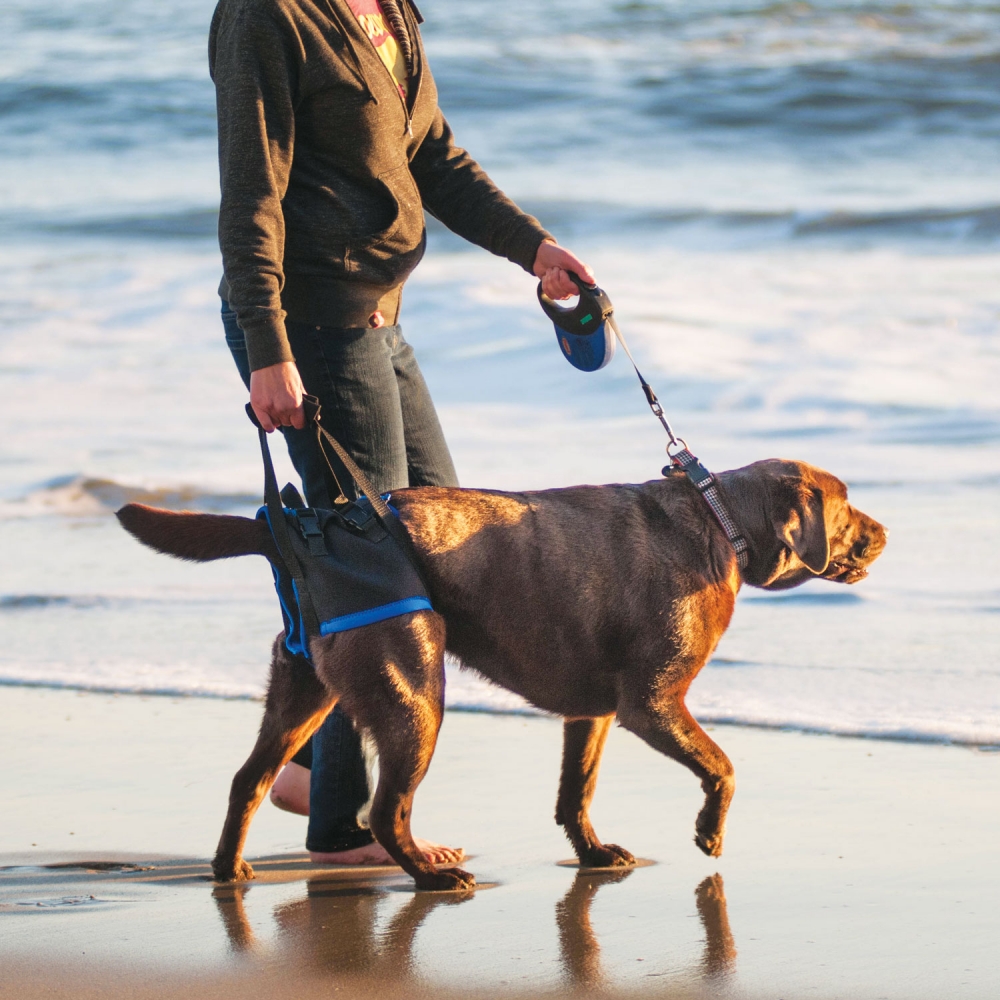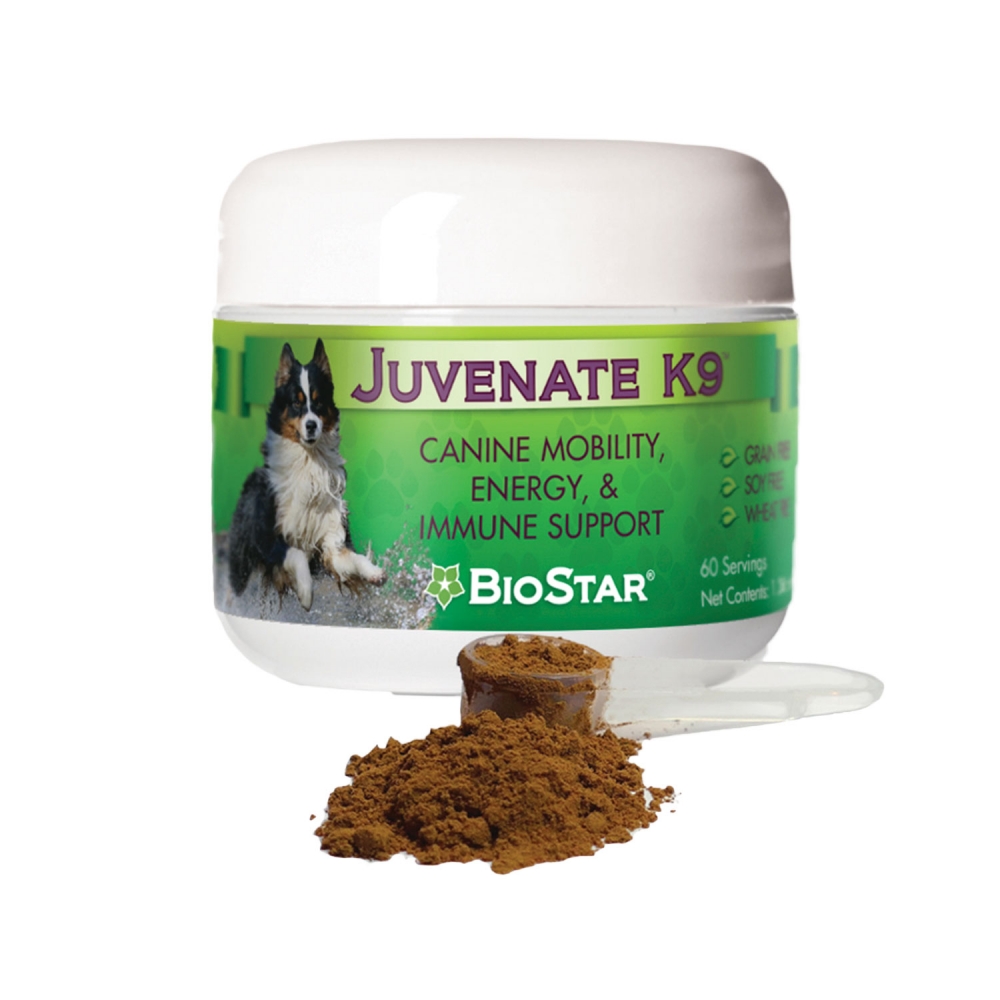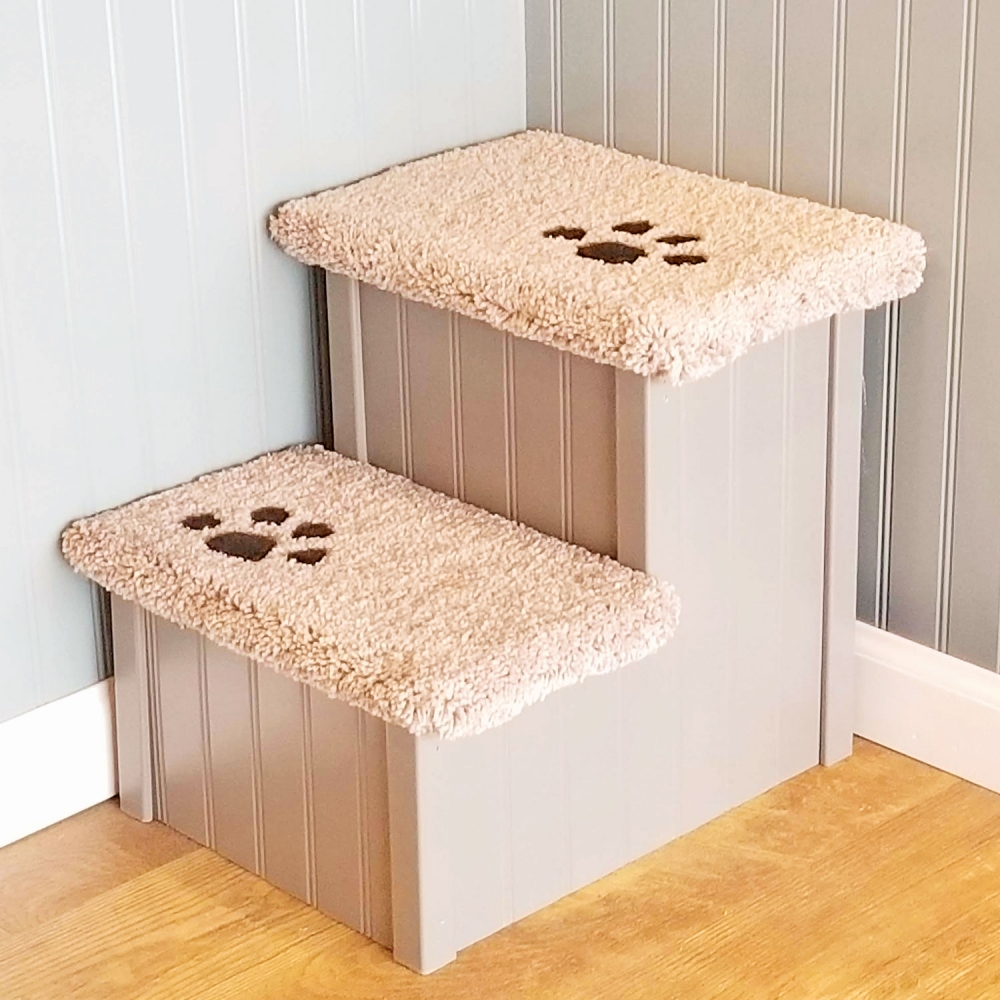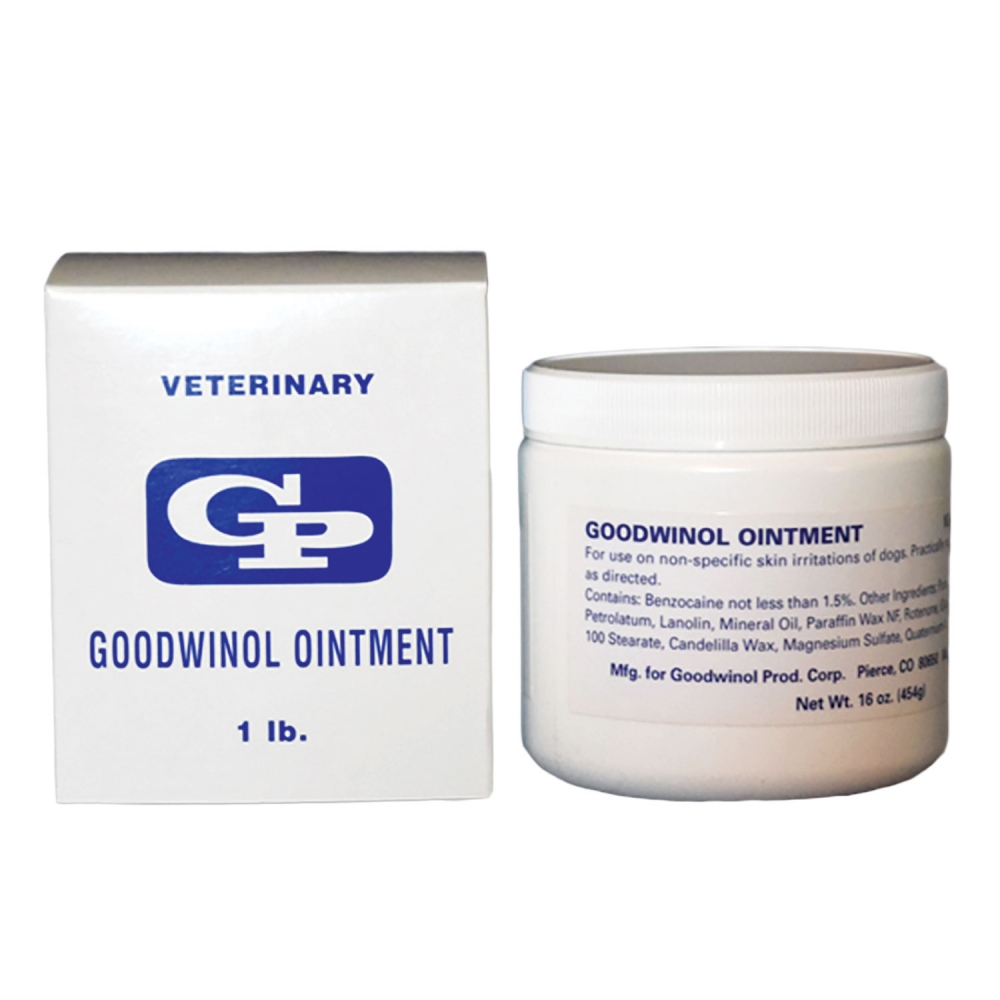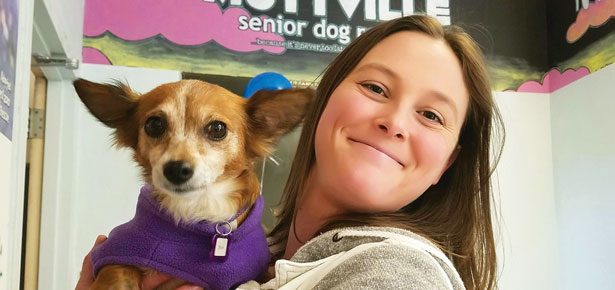
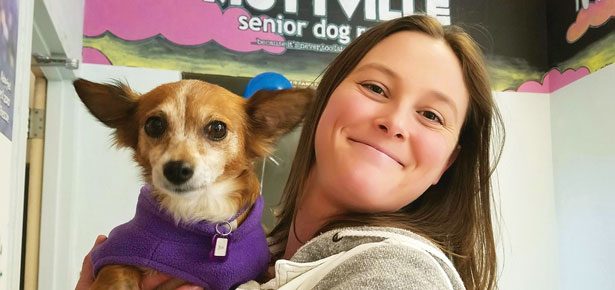
The Magic of Muttville
How a senior dog rescue is changing the lives of senior dogs
It wasn’t Eileen Cremata’s first rodeo when she took in Pepe, the longhaired Chihuahua from Muttville Senior Dog Rescue six years ago. For the two previous decades, the Californian fostered about 150 dogs for a local rescue, specializing in litters of puppies.
Now a serial foster mom and adopter with Muttville, you could say she’s really gone to the other—much older—end of the spectrum.
“The first one we took in was totally blind. Most are hard of hearing,” Eileen says. “Buttercup had one eye missing. I’d not only have to get in front of her to get her attention because she wouldn't see or hear me—but I’d have to get in front of the side where she had an eye.”
Eileen is now on her 11th pooch. After Pepe came Buttercup the terrier, Caroline the Miniature Schnauzer, Angie the Aussie Shepherd, Miss Abbie the longhaired Chihuahua, Figgy the 18-year-old miniature Poodle, Sweet Girl the Labrador cross, Maddie the Poodle, and Spritz and Marbles, both Chihuahuas.
Their personalities are as varied as their histories. Some were surrendered when their owners passed away, or simply didn’t want them anymore (Figgy was called “stupid” on his shelter intake form). Others, like three-and-a-half pound Marbles, was picked up as a stray.
Repeat fosters and adopters like Eileen are a huge blessing to the San Francisco-based rescue, who take in unwanted animals at risk of euthanization in busy shelters. As its dogs are fostered and adopted, the extra space is used to take in more pups.
“Fostering a dog can absolutely save another life,” says founder Sherri Franklin. “We’re foster based and we couldn’t save so many dogs if we didn’t have foster families and repeat adopters.”
The operation has grown in leaps and bounds since she started Muttville in her home in 2007. That year she rescued 27 dogs. In 2019, Muttville is on track to hit a whopping 1,000 adoptions—nearly three dogs a day. And in total, they’re close to 6,800. While most of the dogs used to be pulled from San Francisco-area shelters, the group now takes in aging and unwanted oldies from different parts of the state, as well as emergency evacuations regions during the recent Northern California wildfires and Hurricane Harvey.
Changing the conversation about senior dogs
A lot has changed since the operation began. When Franklin started rescuing animals 12 years ago, she says many shelters weren’t even trying to adopt out dogs over the age of seven, instead opting to euthanize them because they believed there would be no interest.
When Muttville set up shop in the Bay Area, there were only three or so US rescues focused on senior dogs—now there are dozens.
“They see the success. They see that it’s possible and people want these dogs. Now I see shelters that never even used to put them on the adoption floor getting them adopted,” she says.
“It’s catching on and it’s wonderful.”
Muttville has done a lot to change the dialogue when it comes to the way people think about older dogs. Part of that is the brilliant way they market the pups. It may not seem revolutionary now, but Muttville was one of the first groups that really shone the spotlight on the positive attributes of what made senior dogs special—basically, that age really is nothing but a number. And quirkiness is good.
Social media has been a powerful tool. They have a loyal and large Instagram and Facebook following, where they post daily videos and pictures showing off what’s to love about their menagerie. They also host adoption events and meet and greets every weekend at their downtown headquarters, and outreach events in the community.
Its next step is finding a permanent home, maybe buying a building to renovate, where people can come interact with the dogs. They believe in a cage-free shelter that is a less scary place for dogs, and a more welcoming experience for would-be adopters and staff.
Like a comfortable pair of slippers
Franklin sees senior dogs as “like putting on a comfortable pair of slippers.” They just fit into your life, are a lot less work than a puppy, and are an instant best friend.
These dogs have already gone through their crazy puppy years, when your shoes aren’t safe. They need less exercise, which makes them perfect companions for people and families with busy lives who don’t necessarily want—or have—several hours a day to take Fido out for marathon walks and hikes.
“The last thing a busy mom with a kid or two needs is a puppy to train too,” she laughs. “We can help them find a dog that has experience with kids.”
Most of its dogs already know basic commands and are housetrained, making the transition to home life much easier.
In many ways, Franklin and her army of volunteers are master matchmakers, and it’s something she prides herself on. She will tell you there is a senior dog for everyone.
Muttville sees a lot of folks coming in with their mom or dad or grandparent looking for a dog that can be a quiet companion to keep them company—but not require a lot of work. Many times these would-be adopters have mobility issues.
“These are people who shouldn’t have a puppy that’s going to pull them down, or need a lot more than they can physically give,” she says.
One of their biggest successes is their seniors for seniors program that matches folks over 62 with older dogs and waives the $200 adoption fee. It now represents almost a third of all its adoptions.
The benefits for both animal and adopter are huge, including improved happiness and mental health. Many adopters report increased social interactions with people in their community because of having the dog with them. Because, let’s be honest, what is a better ice breaker than an adorable dog by your side?
One recent group of adopters that Franklin is seeing a rise in is one you may not expect would want an aging animal: Millennials. With busy schedules and social calendars, Franklin says the younger generation doesn’t want the 15 to 20 year commitment to a puppy. Her dogs are great for taking to work, and cuddling on the couch on the weekends to watch Netflix. And typically, they sleep a lot.
“Millenials don’t know what their life is going to be like in a decade, but they know what it’s going to be like for the next few years,” she says. “And they’re working all the time so they want a dog that’s pretty easy to take care of.”
“It’s really trendy now to adopt a senior dog and I hope that trend grows and grows.”
Senior For Seniors & Cuddle Club
By Angela Dimartino, Muttville’s Seniors for Seniors Coordinator
Muttville Senior Dog Rescue’s mission is to change the way the world thinks about and treats older dogs, and part of this is matching senior dogs with senior people. Senior dogs make perfect companions for older adults and Muttville has created several programs dedicated to supporting this bond, including the Seniors for Seniors adoption program and the very popular Cuddle Club.
The Seniors for Seniors adoption process is all about making senior dog adoption welcoming and accessible for adults over age 62. The process starts with a specialized questionnaire, one that asks targeted questions to understand the lifestyle of the adopter. Dedicated adoption counselors review the applications and suggest perfect dog matches. Adopters receive a “Welcome Kit,” including a harness, leash, bed, bowls, medicine, food, and equipment such as ramps, stairs or gates, to make the home the perfect fit for the dog.
Muttville guarantees to always take the dog back if the adoption doesn’t work out, or if the adopter becomes unable to care for the dog, providing adopters with comfort that their adopted animal family-members will always be taken care of, no matter what.
And then there’s Cuddle Club, created in 2013 as a way to welcome older adults to Muttville to spend time with the dogs awaiting adoption. For seniors who would like to spend time with dogs but are unable to adopt (reasons include ability, housing restrictions, physical disability, and many others), this program is nothing short of wonderful. Organizations bring their older adult clients to Muttville’s Community Cuddle Room (accessible for people with disabilities) for cuddle parties, which benefit not just the humans, but also the dogs, who relish the loving attention. Many clients return year after year for Cuddle Club, developing friendships with their peers and Muttville’s dedicated volunteers. Happily, at least three Cuddle Club attendees have ended up adopting dogs they met at Cuddle Club!
Life with a senior
So what is the reality of living with a senior dog? Or in the case of most serial Muttville adopters, several senior dogs?
Between their various ailments and medicines, Eileen Cremata admits sharing her home with multiple golden oldies can be a challenge, but it’s actually less time consuming than if they were puppies.
“These old ones bring so much love and joy. In some respects it’s easier. I take Holly for a short walk but I don’t have to because of her age. Sweet Girl just likes wandering around the yard a few times a day,” she says.
Working from home is also a plus. On most days the menagerie can be found snoozing under her desk, or on a pillow in the sun.
You’ll hear about snoozing a lot when you talk to Muttville adopters. Most senior dogs take a lot of naps.
Serial adopter Carin Cartt, who has taken in eight dogs, currently shares her bed with four seniors—Peluchin, Tumbleweed, Edamame, and Dasher—and she wouldn’t have it any other way.
“It’s so cute because they all want to get in. I pick them up one by one saying ‘one potato, two potato, three potato, four’ and they have to get used to it if there’s a new guy,’” she laughs.
Carin credits her fantastic experience adopting Junior the part Cattle Dog “who was just so calm and quiet” as the reason she’s come back to adopt so many more.
“He would just lie in bed with me and you just feel like you’re doing something good for this world. You know, a lot of people can donate money and do that but the thing is these poor dogs need a home,” she says.
Death and dying: The elephant in the room
One of the greatest injustices in life is that a dog’s life is so much shorter than our own, and having to think about death and mortality is something that has to be considered when you’re adopting a senior.
When dogs come to Muttville with an untreatable illness they are put into its hospice program, where dogs are placed into a loving home until it is time for euthanasia, and the rescue covers costs and provides guidance.
Eileen Cremata has taken in nine dogs through the hospice program, and says the gratification far outweighs the sadness. One of the dogs was with her for a month before its kidneys failed, another was in her home well over a year.
“If I can have them for six months, it’s a great six months,” she says. “I shed tears every time though.”
Being sad is a natural part of the process, the longtime adopter says, because you just “love them so much” and get attached to each so quickly. But it’s that bond and love that keeps her coming back for more.
“I keep reminding myself that they are going to pass in my arms. They will not be alone. No one deserves to die in a shelter.”
Sherri Franklin agrees. It’s the reason she’s made adopting senior dogs her life’s work. She knows there is inevitable sadness in what she does, but it’s not a reason to miss out on the tremendous joy of having a senior pet in your life, even if it’s for a shorter amount of time.
“You go in with your eyes open. If the dog is seven you know you have a long time but if they’re 12 you know that the time is limited and every minute matters,” she says.
In her experience, the act of taking in a senior animal is a form of altruism, and will make you feel so good about yourself.
“It’s so rewarding. You know that you’re going to give that dog a second chance, this animal that would very possibly end up dead in a shelter. You give them a happy ending in their life. Dignity. Love.”
Muttville’s Top 10 Reasons to Adopt a Senior Dog
- Senior dogs make instant companions.
- Senior dogs fit like an old comfy pair of slippers.
- Senior dogs can learn—you can teach an old dog new tricks!
- Senior dogs teach you how to live in the moment and slow down.
- Senior dogs already know what “no” means.
- Senior dogs won’t chew your shoes.
- Senior dogs show love easily and are grateful as they grow older.
- Senior dogs can focus well because they’ve mellowed.
- Senior dogs usually have some training and already understand some basic commands.
- Adopting a senior dog saves lives!
Muttville’s Top 10 Tips for Living with a Senior Dog
- Your senior needs a balanced diet and to stay hydrated. Try adding bone broth to food for a little extra hydration and supplements to help with joints, digestion, and other senior health conditions. Consult your vet for advice on the best food for your dog.
- If your senior dog slides around a little bit, lay some yoga mats on the floor. They offer great traction. You can also use toe pads—they’re like little rubber nubs for each toe—to give your dog traction on slippery surfaces. If your dog simply can’t walk very well, a dog stroller can get both of you out for some fresh air and a change of scenery!
- If your dog becomes incontinent, don’t despair! Belly bands and tinkle trousers are lifesavers. But don't let them sit in a wet pad too long. Dogs get diaper rash too.
- A memory foam dog bed can ease pressure on joints. It’s just as comfortable for them as it is for you!
- Is your dog’s appetite waning? Offer some strong and smelly food like cheese, baby food, or tripe to stimulate their appetite. Good pet food stores also sell freeze-dried meat, which you can sprinkle on top to add an extra treat.
- Know your dog’s physical limits. Exercise is good, but don’t overdo it!
- Does your dog have trouble getting up? Help-me-up harnesses—like a suitcase handle for your dog—are great for giving your dog a little assistance getting out of bed or walking up stairs.
- It might be difficult for your dog to bend down to eat or drink. Elevated food and water bowls can help.
- If there’s a little chill in the air, your dog may like a sweater. And try tucking them into a blanket at night to make sure your dog is warm and snuggly.
- Dental care. Dental Care. Dental Care. If you remember only one tip, remember this: your dog’s mouth is key to good health. Bad teeth are not only painful but can breed infection that results in liver or kidney disease. If you can do it, a professional dental cleaning can be a literal lifesaver.
Golden Oldies
Give your senior a helping hand with these wellness products
Strengthen your dog’s bones and muscles while reducing pain and inflammation with Purica’s Recovery chews. Made with simple ingredients for a long and healthy life. From $28, purica.com
Support your dog with the Walkabout Harness. This innovative product lets your injured or senior dog continue to enjoy life to the fullest. From $35, walkaboutharness.com
Support your dog’s joint health with BioStar’s Canine Mobility, Energy, and Immune Support. It maintains circulation for a better quality of life. $20/60 servings, biostarus.com
Getting on and off furniture can be difficult as pets get older, but Hampton Bay Pet Steps ensure your dog can still enjoy their favourite spot. From $165, hamptonbaypetsteps.com
This all-natural Goodwinol ointment is made with the same great formula they used 80 years ago. It’s great for healing minor wounds and maintaining healthy skin. goodwinol.com $11
Join the newsletter and never miss out on dog content again!
"*" indicates required fields
By clicking the arrow, you agree to our web Terms of Use and Privacy & Cookie Policy. Easy unsubscribe links are provided in every email.
